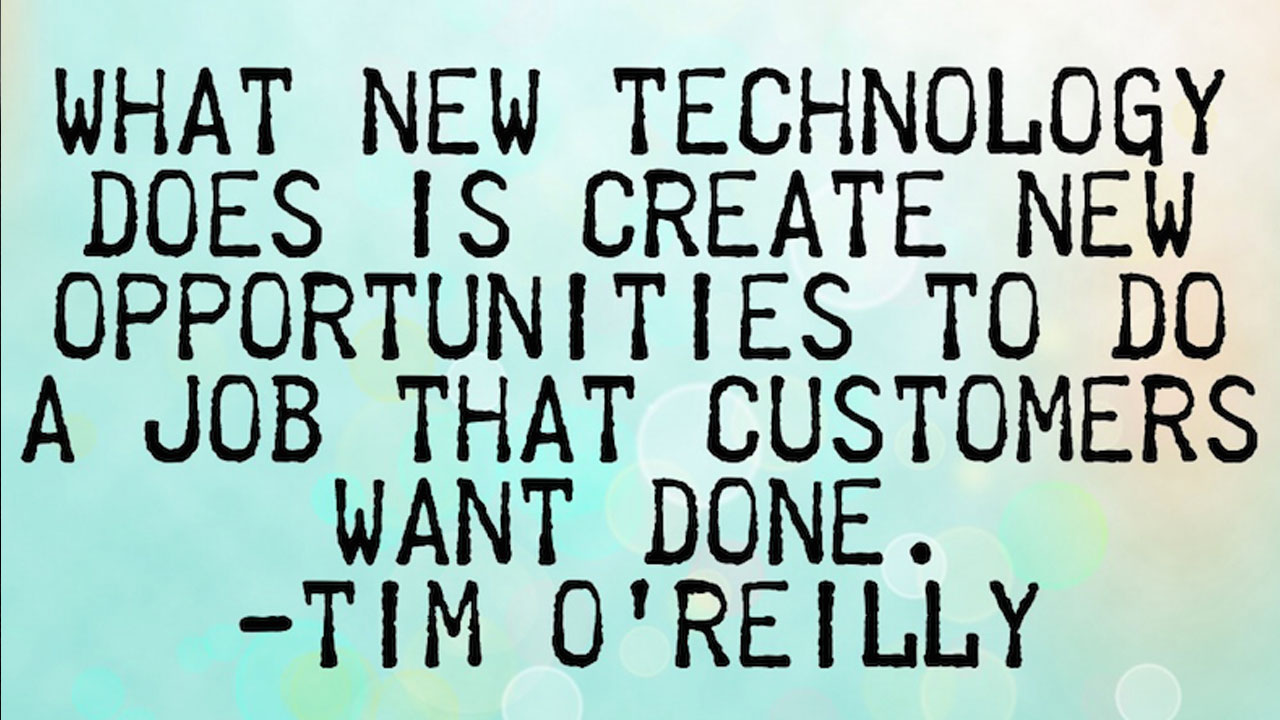Blog
How Much of your Business is Technology Related?
May 8, 2015
Posted by: Maggie Ashworth
I recently read an article in The Tennessean that announced a partnership between the Nashville Technology Council, the Tennessee Code Academy and RePublic Schools that will offer local students the opportunity to learn about computer programming through after school classes and summer camps. The mission behind this initiative is to give younger generations an advantage for future careers, and it really got me thinking about the presence of technology in the workforce, and how valuable that kind of training could be.
Whether your industry is healthcare or hospitality, entertainment or education, chances are that technology plays a huge role in your business, and it can pave the way to huge accomplishments.
A company is no longer simply judged by its customer service or rank among the competition. While those things still hold strong value, your Internet impression probably means more than you realize, and if your company has the proper technology to back it up, your business endeavors can really thrive.
To put this in to perspective, think about how right now, in 2015, culture has been trained to expect immediacy in virtually every aspect of our lives. Whether you’re on the hunt for concert tickets, in need of data for a research paper, or trying to generate buzz for your new company, there’s a good chance that you’re using some form of the Internet to get what you need. Now, try to think back to the nineties. Remember life before iPhones, GPS systems, Netflix or social media? Yes, there really was a time, and not that long ago, when cell phones were clunky, you had to have an actual map handy if you didn’t know where you were going, there was a place called Blockbuster, and tweeting was something that birds did. The truth is that technology has become omnipresent—as is its role in the workforce.
Today, companies rely on websites, social media, apps and blogs to provide knowledge about their services. Businesses use Skype and Face Time to have conferences with clients all over the world. Retailers can sell their products via e-commerce, giving them access to entire demographics that would be impossible to reach when limited to brick and mortar. With this in mind, and with recent college graduates struggling to find jobs, it may be a smart idea to incorporate more technology-focused programs into various forms of education, so that students can see the value it holds for careers in every industry.
The reality is that every business is indeed in the technology business, whether they know it our not. The problem is that most companies don’t realize this and they are the most likely to be disrupted by those that do.
